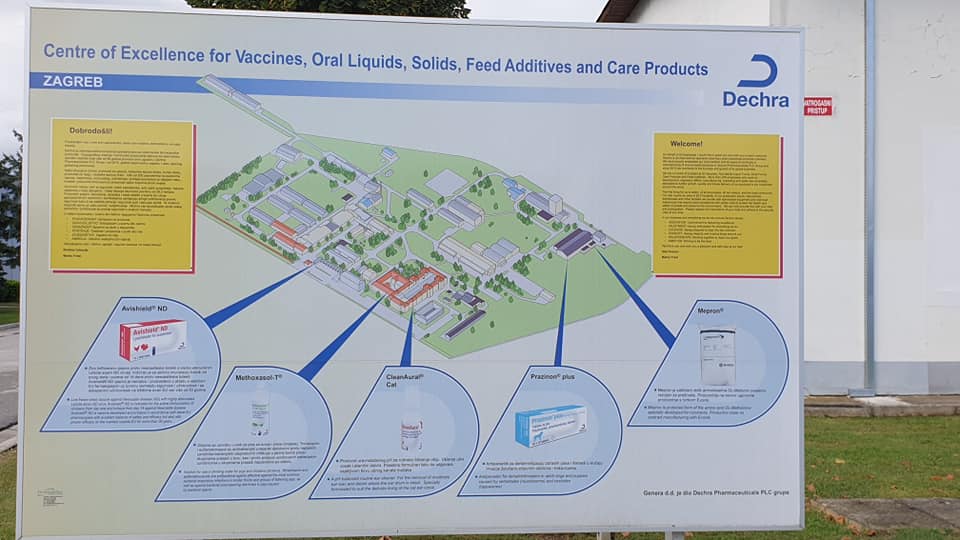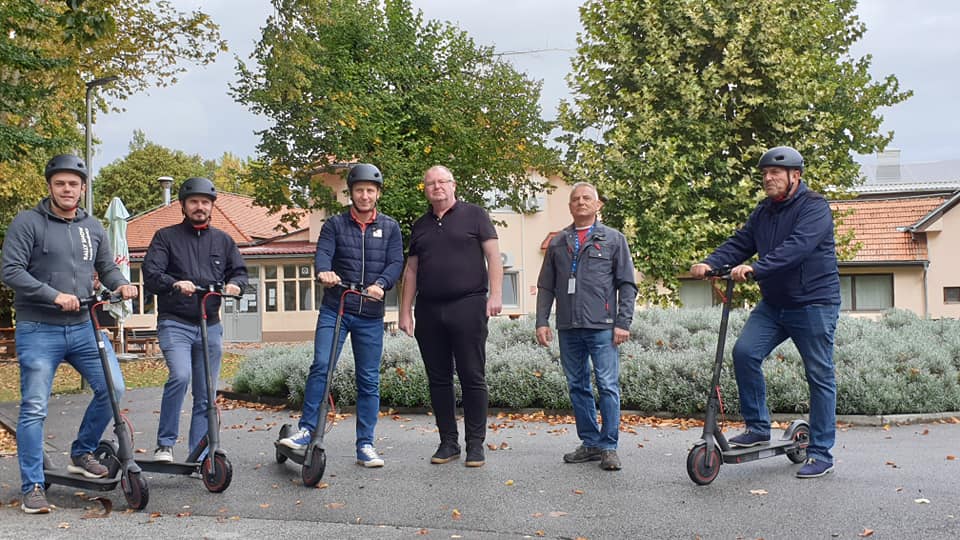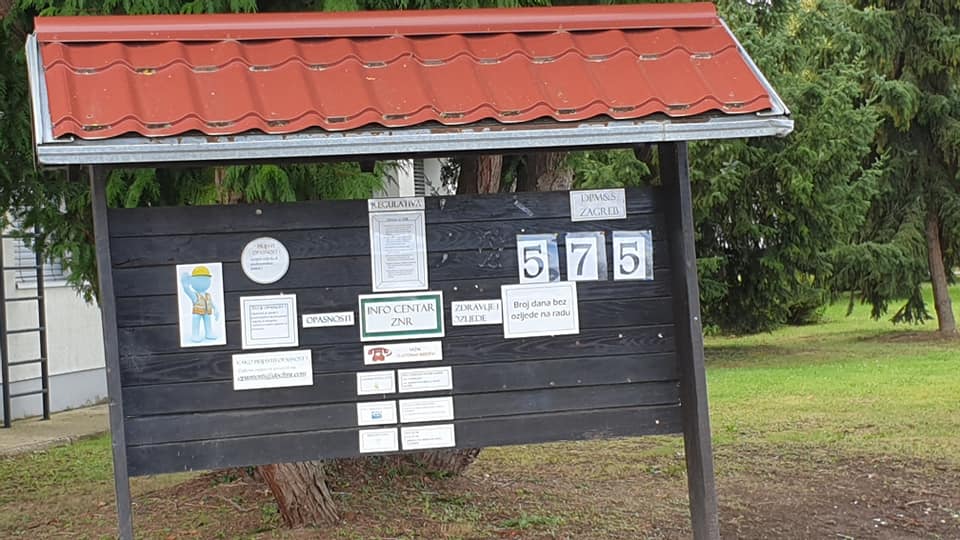November 26, 2020 - Continuing our tour of Croatia's most successful town for the economy, Sveta Nedelja Beyond Rimac visits 120 years of pharmaceutical excellence at Dechra Genera.
The electric hypercars and advanced technology of Rimac Automobili may be the most famous show in town in Sveta Nedelja, but it is by no means the oldest. As young entrepreneur Mate Rimac started a company with dreams of creating the fastest electric car in the world a decade ago, a company called Genera, specialising in veterinary and plant products, was celebrating 110 years since its founding. Five years later, its commitment to excellence led to its acquisition by one of its industry's biggest companies, Dechra, and today Dechra Genera is an important global players in the specialist veterinary pharmaceuticals market.

And talking of size, Dechra Genera is also the biggest company in the town in terms of size. Its sprawling complex comes with its own road signs and eco-friendly electric scooter transport, as experienced by TCN on a tour of the plant a few weeks ago.

The TCN visit to Dechra Genera was part of a tour of the successful businesses of Croatia's youngest town, located to the south-west of Zagreb, close to the motorway and border with Slovenia. In an age of mass emigration, economic downturn and mass unemployment, here was a town which was doing things rather differently. The population has increased by 10% since the 2011 census, the number of jobs has increased by 20% since 2017, and unemployment is at a remarkably low 3.9%. The progressive local administration is the most transparent in the country, and the town is constantly looking for ways to attract new businesses and to improve the lives of its citizens. The imminent introduction of free buses is one of the latest initiatives, and businesses are benefiting from local surtaxes being abolished. No wonder, perhaps, that in addition to Sveta Nedelja being voted the best medium-sized town for the economy in Croatia three years running, but also in the top 5 for quality of life.
And while Rimac deservedly attracts the headlines, there is plenty of excellence in Sveta Nedelja in other sectors of the economy, as we are discovering in this mini-series. The Syrian entrepreneur, for example, whose turnover in the medical industry was more than 250 million euro last year, or the Sveta Nedelja business whose systems are keeping many of the world's biggest breweries operating.
The story of Dechra Genera, whose portfolio centres around animal health products, food supplements in the form of vitamins and minerals and plant protection products, dates back to 1901 and the foundation of the Royal Croatian-Slavonian Bacteriological Institute. From 1940 to 2000, it was part of the giant Croatian pharma company, Pliva, after which it operated as an independent, Veterina.
As reported by TCN at the time, the company underwent its latest change in October 2015, when a majority stake was sold to one of the biggest companies in the industry, Dechra Pharmaceuticals PLC from the UK. On 1 February 2018, Genera became a 100% subsidiary of the Dechra Group and it has subsequently delisted from the Zagreb Stock Exchange.
As TCN wrote at the time: " Dechra was impressed by young professional staff of Genera, the company which built its value and image on the know-how of its employees. Dechra was interested in Genera because it wanted to enter the vaccine market, which is the fastest growing segment of veterinary medicine and with which it will significantly expand its portfolio of pharmaceutical products for animals."
Dechra Genera seems to be delivering on promises of investment into its Croatian operations. A year ago, for example, it opened its solar-powered plant in Sveta Nedelja at a cost of £1.3 million. The facility is now recognised as the largest integrated power plant for own consumption in Croatia, with 5,543 photovoltaic (PV) panels fitted onto existing roof structures across the Genera site. Prior to this, the Genera operation sourced 100% of energy via the main grid. Following the installation, the annualised level of electric power generation is expected to be approximately 1,545,000 kWh and will generate nearly a third of the electric power needed for Dechra’s Croatian manufacturing facility.
The solar-powered plant is expected to reduce the plant's CO2 footprint by approximately 360 tonnes which equates to 4% of Dechra Genera’s total CO2 emissions in 2018. Over the next five years, Dechra Genera will be increasing manufacturing volume and this facility will enable it to do so using efficiently through using a renewable and sustainable energy source.

Energy efficient, and also a safe workplace. Some 575 days since the last accident on the premises during my visit a few weeks ago, according to the welcome board.
Things have changed a lot since the founding of the foundation of the Royal Croatian-Slavonian Bacteriological Institute in 1901, but things have rarely looked brighter for the company now known as Dechra Genera than at any time in its 119-year history. A little like Sveta Nedelja in general.
To learn more about Dechra Genera, visit the official website.
For the latest coverage from Sveta Nedleja, follow the dedicated TCN section.


